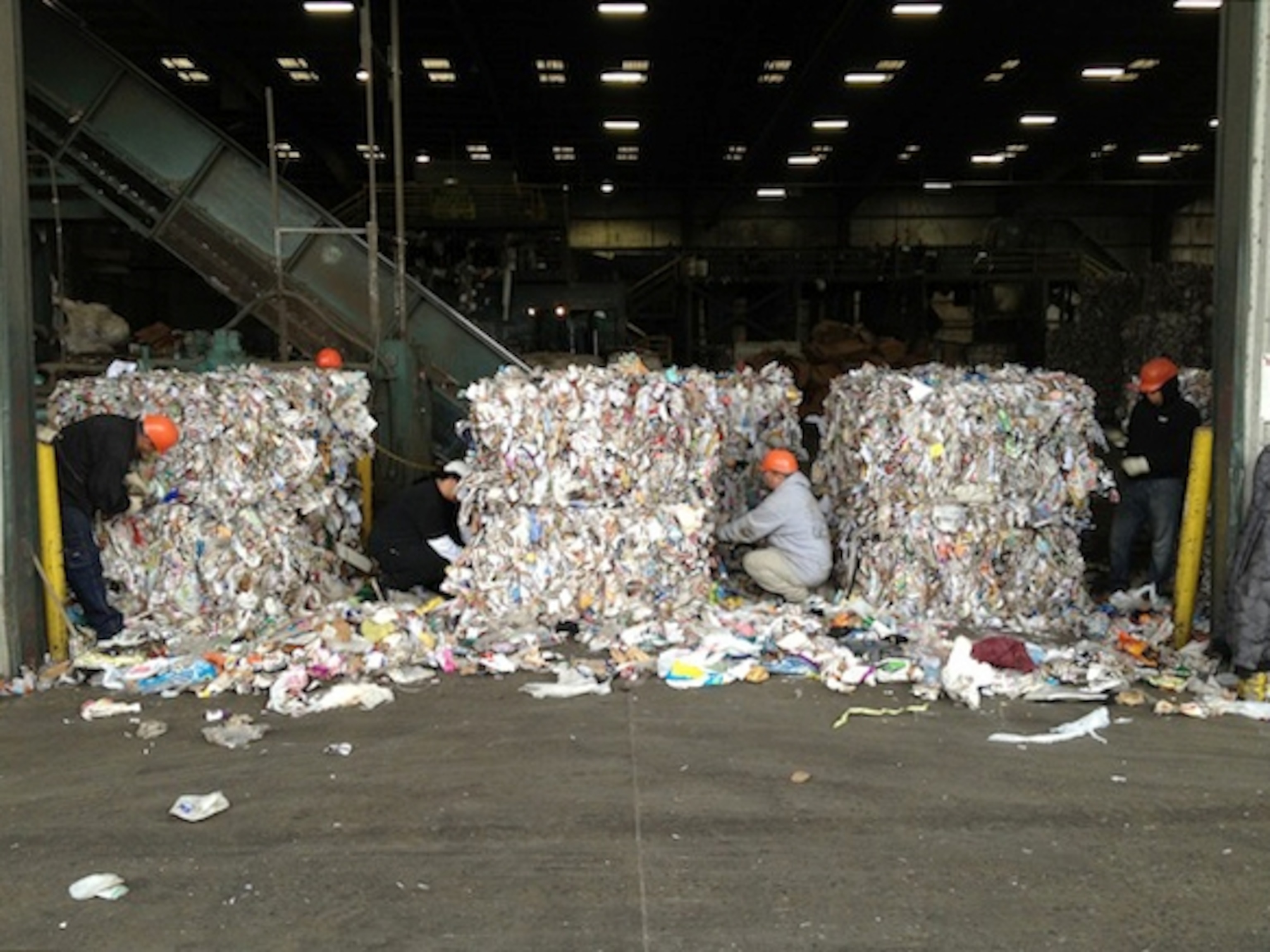Pop quiz. If I asked you to name some of the country’s most innovative cities, where would you rank Fresno, California? It’s a small community 200 miles north of Los Angeles, mostly known for its agriculture.
Yet among cities with more than 100,000 people, Fresno is among the nation’s leaders in recycling. While many cities recycle 30 to 50 percent of their waste, Fresno diverts a whopping 73 percent of its trash from the landfill. That translates to more reusable material, more compost and, ultimately, a healthier city.
Patrick Wiemiller, Fresno’s public utilities director, showed me how the city does it. By partnering with a few innovative recycling companies, the city can have its trucks collect more and more waste. They run it through large sorting machines on their way to be repurposed into tomorrow’s paper, soda cans, or gasoline.
“We do a lot of education and outreach,” Wiemiller told me as we drove across town. “To really get people to recycle you have to change a family’s behavior. We find the most effective way is through children in the schools.”
The city’s Public Utilities department focuses on lots of time with students, convincing them to persuade their parents to participate. City officials talk up the 73 percent number, but their goal is even higher. Wiemiller says 90 percent is an attainable goal. And one day, the city’s government has ambitions for 100 percent zero-waste.
With such large volume, recycling is an issue of proportion. John Mohoff of Sunset Waste Systems took me through his processing facility, a sprawling warehouse of conveyor belts that sort plastics, metals, and papers and prepares them to be crushed into giant cubes. “When we started, it was just paper, aluminum, tin, and glass,” Mohoff said. “Now we can do all kinds of plastics. And film too.” In total, that translates to nearly 7,000 tons of things that Fresnans throw out each month that ends up being repurposed.
Why does a community like Fresno care so deeply about recycling?
Over at West Coast Waste, the city’s processor of so-called green waste like yard clippings and organic leftovers, owner Dennis Balakian explained that aside from being good stewards of the planet, it’s all about agriculture. A landfill produces little value for farmland. But putting nutritious material back into soils improves crops and livestock—and ultimately, the strawberries, pistachios, or garlic that the rest of the country gets from this region.
